Welcome back to out Wood Species 101 Series! This week we will focus on a very popular and common tree specie, the iconicMaple.
On this post we will learn more about the maple tree and it's wood. We will cover:
- Common names
- Scientific name
- Geographic distribution
- Wood appearance
- Common uses
- Price range
- Fun facts

Many people might not know the appearance of the tree itself. Still, if you live in North America, you will definitely consume or at least heard of maple syrup. You might also recognize the iconic maple leaf 🍁. Seriously, the leaf is very popular. The maple leaf is the central element of the Canadian flag and the leaf that comes to our mind when we think about Autumn. Literally, if you type “fall images” on google, most of the results will include a maple leaf. Now, let’s learn a little bit more about the Maple Tree!
Common names

Rock maple, sugar maple, hard maple, maple
Scientific name
The scientific name of the tree isAcer saccharum
Geographic Distribution

Native from Canada’s hardwood forests, Maple vastly abundant in North America, and the highest density of this tree is primarily in Canada itself, followed by United States’ northeast area. Maple trees can grow more than 100 feet tall!
Wood Appearance

Hard Maple lumber’s sapwood is more commonly used than its heartwood. The sapwood color ranges from white to an off-white cream color, sometimes with a reddish or yellow hue. The grain is generally straight but may be wavy. It has a fine and even texture.
Common uses

Maple use goes beyond our beloved maple syrup. Maple wood remains strong when bent, absorbs shock well, resists wear, and works nicely with both power and hand tools. Maple lumber is commonly used in school desks, doors, bowling alleys, basketball courts, ladders, butcher block countertops, workbenches, and much more. The music instrument industry also loves the maple wood, as the lumber is considered atonewood, which means that it carries sound waves well.
Price Range

The mix of maple’s popularity, quality, and difficulty level to work with the hard lumber, maple wood is moderately priced, and it is usually in the upper-middle price range. It is important to notice that some variations of the lumber might be considerably more expensive than others.
Fun facts

- Maple lumber is also used in the paper industry. Paper made of maple tree has excellent printing properties.
- The oldest fossil of a maple dates to 100 million years ago in Alaska.
- Maple trees are a popular choice for the Japanese art of bonsai.
- Maple syrup was first recorded as being produced in 1540 by Native American Tribes using the tree’s sap.

Thanks for watching and let us know if you have any questions about this beautiful wood specie!

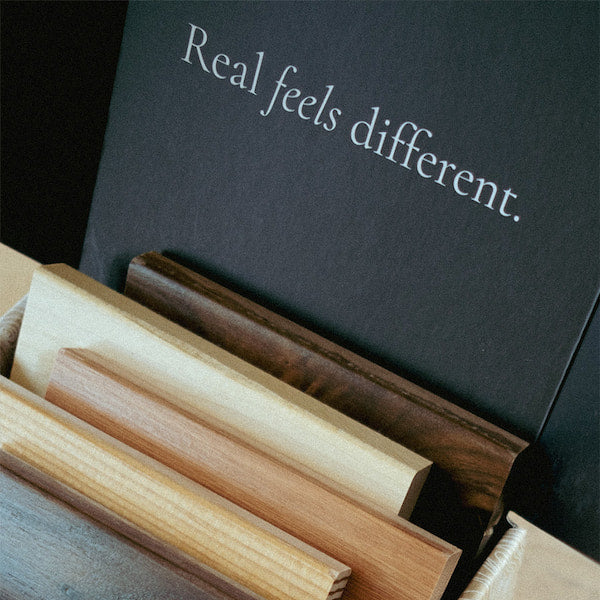
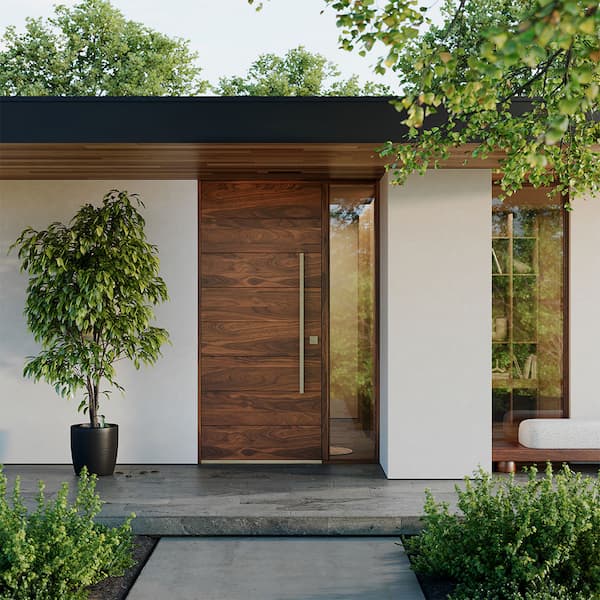


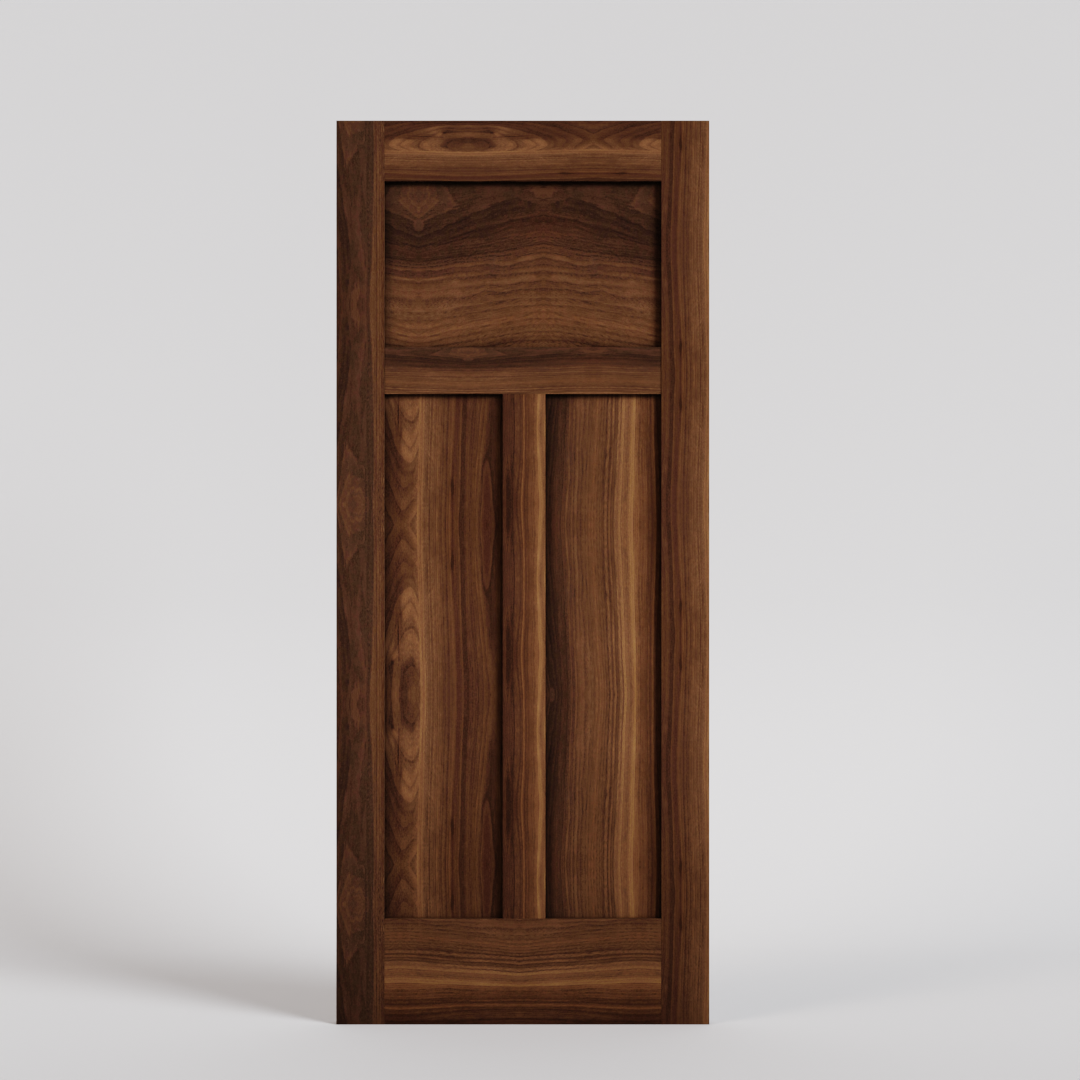
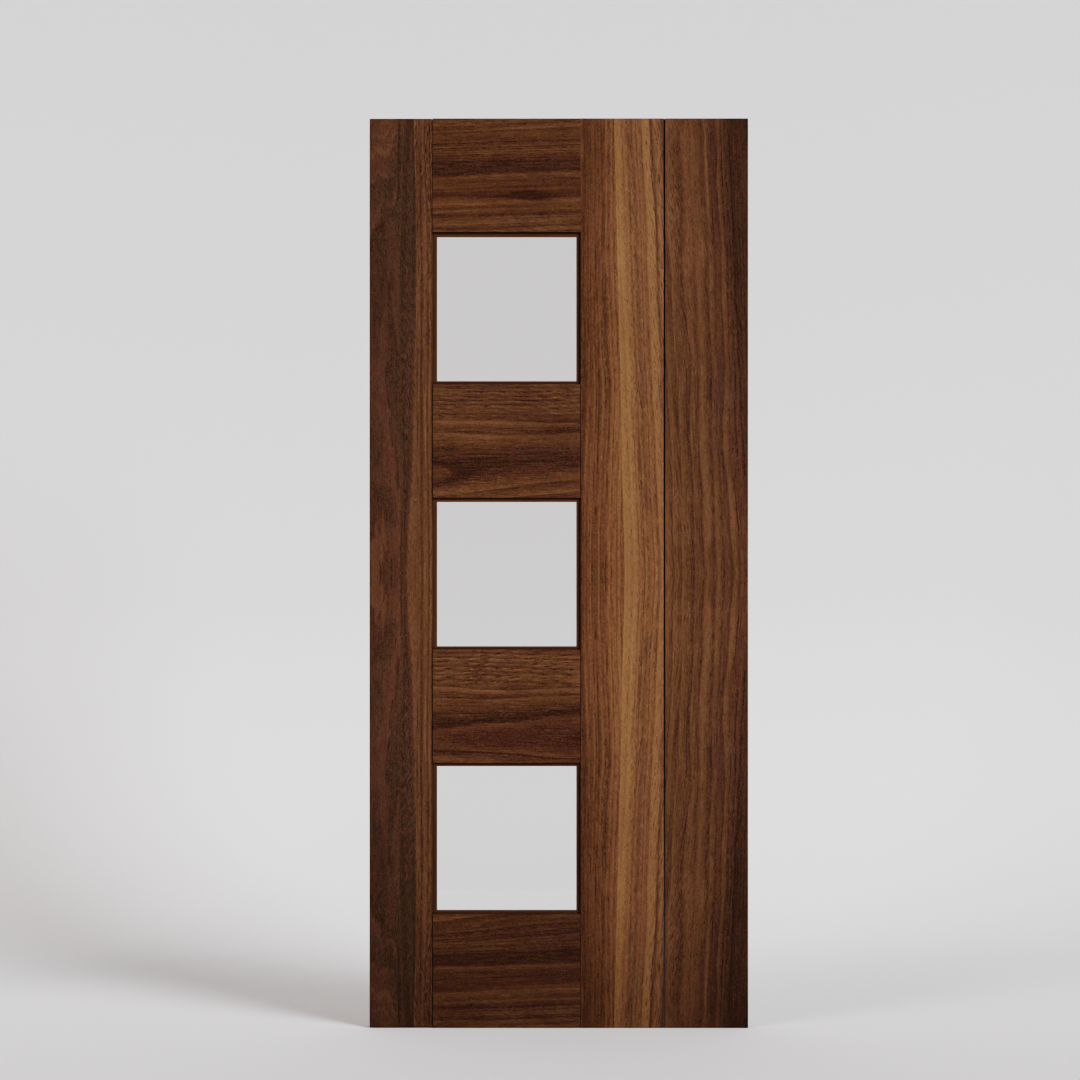
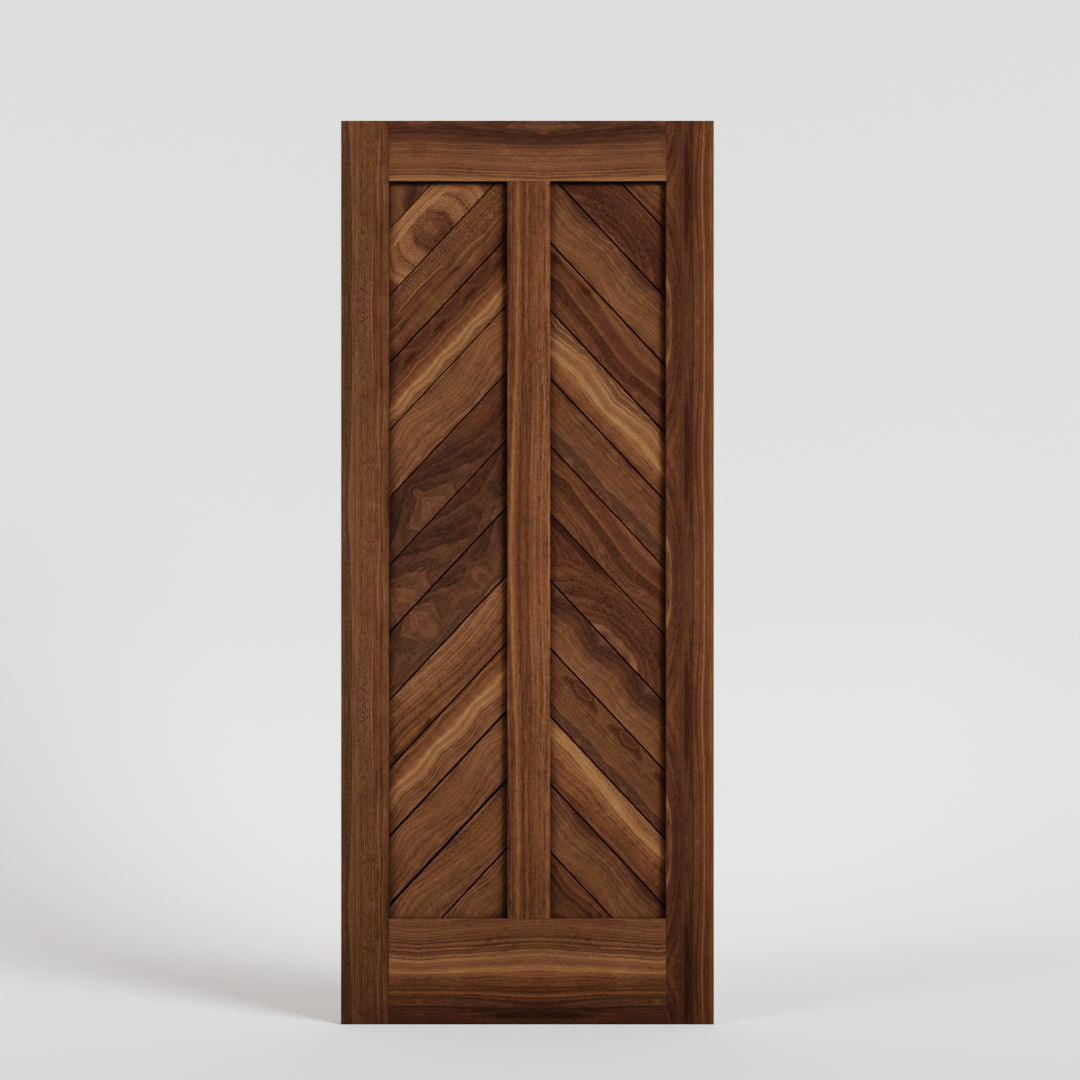
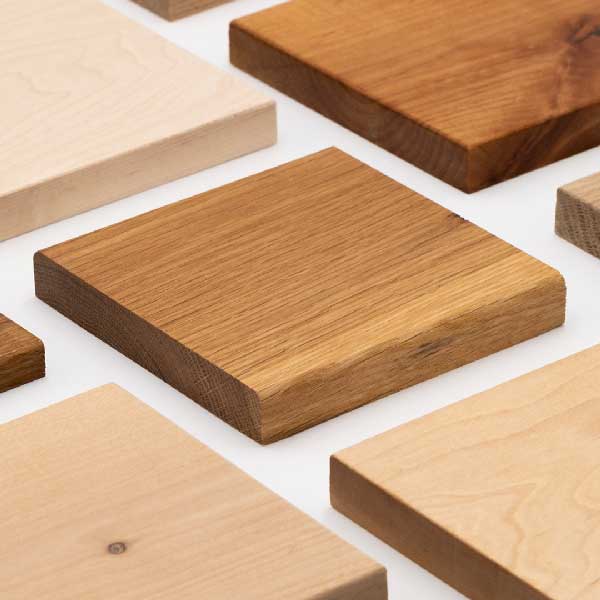

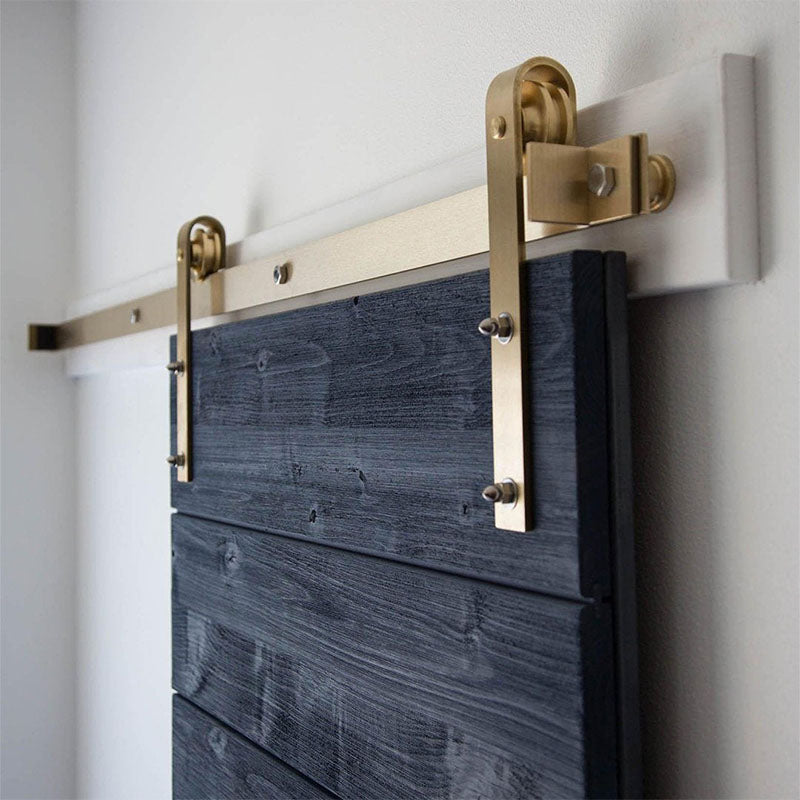
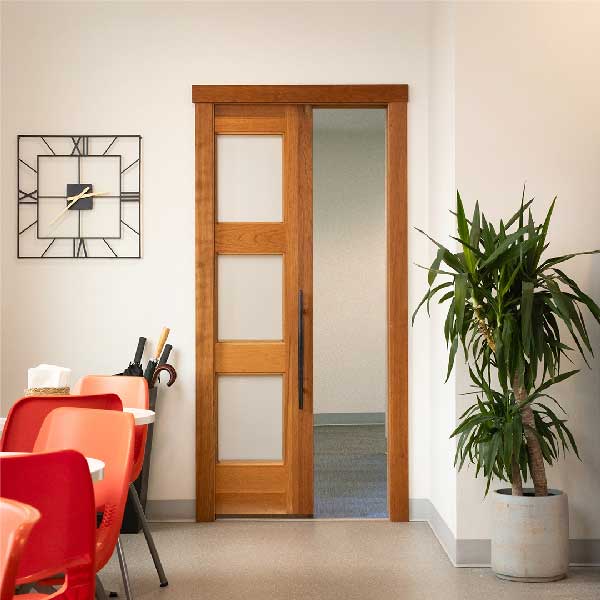
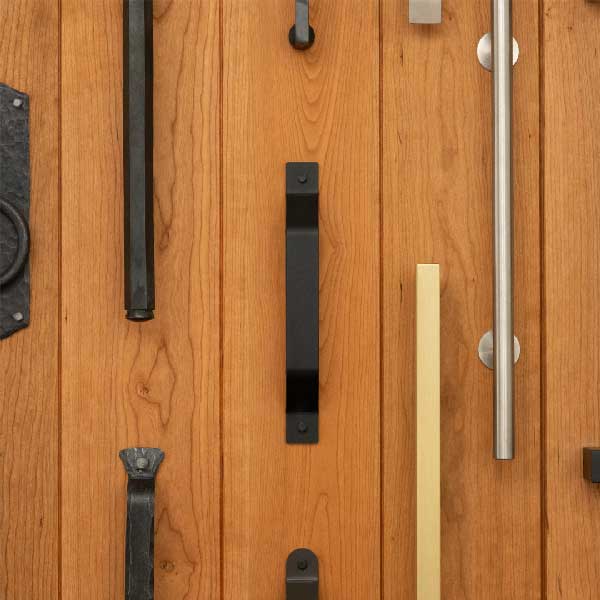
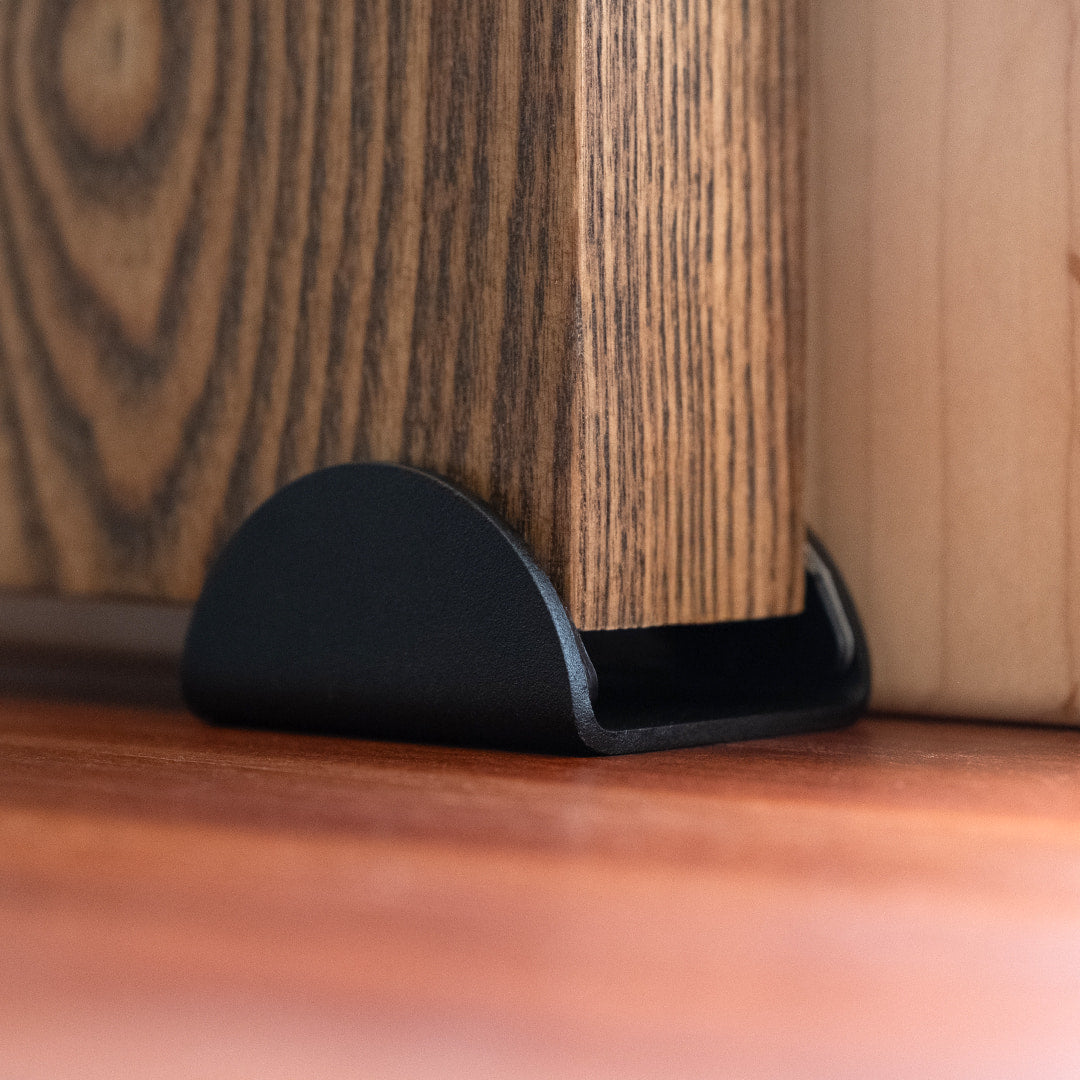
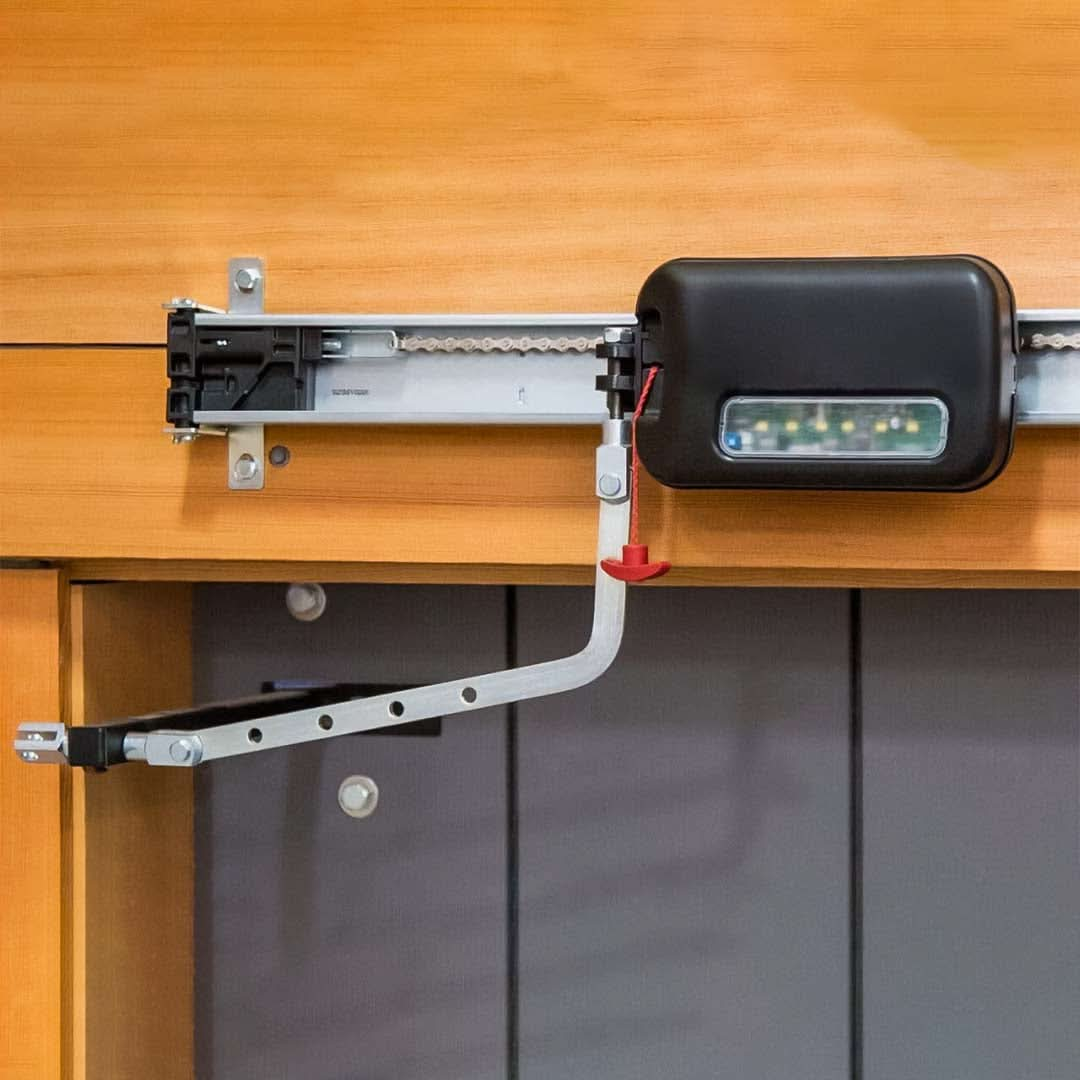


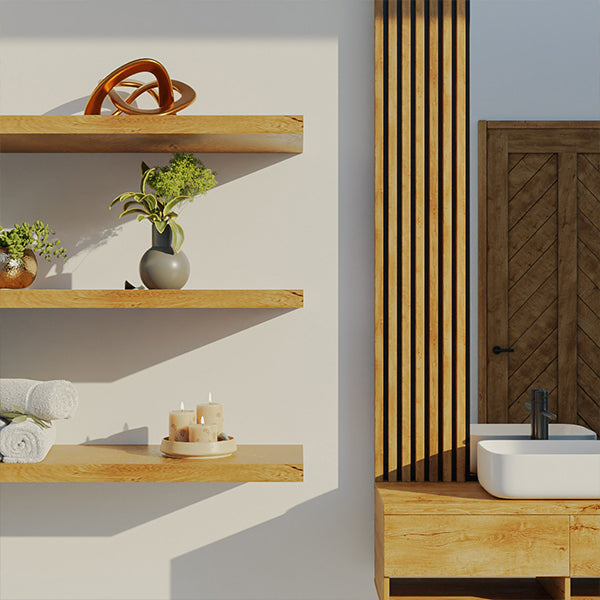


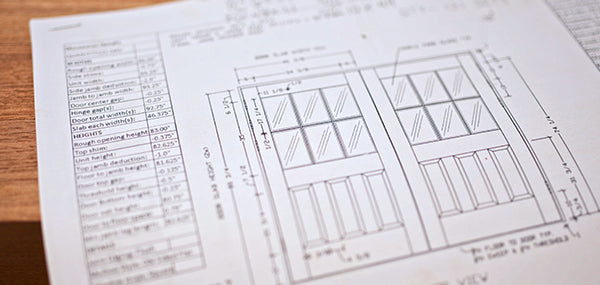
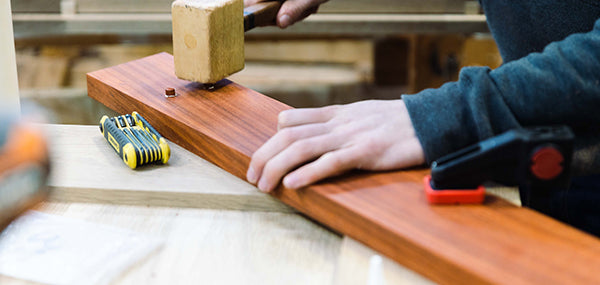

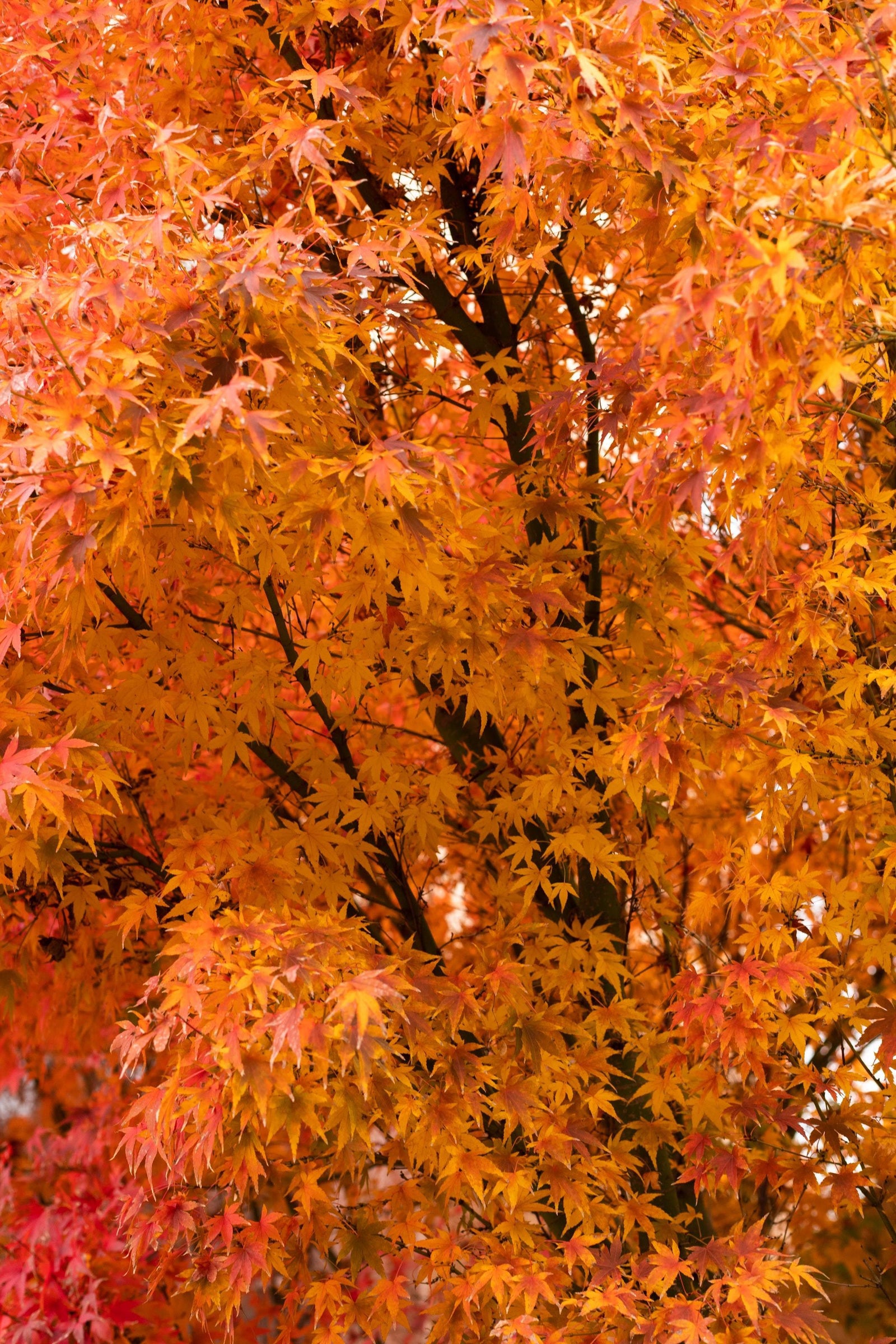
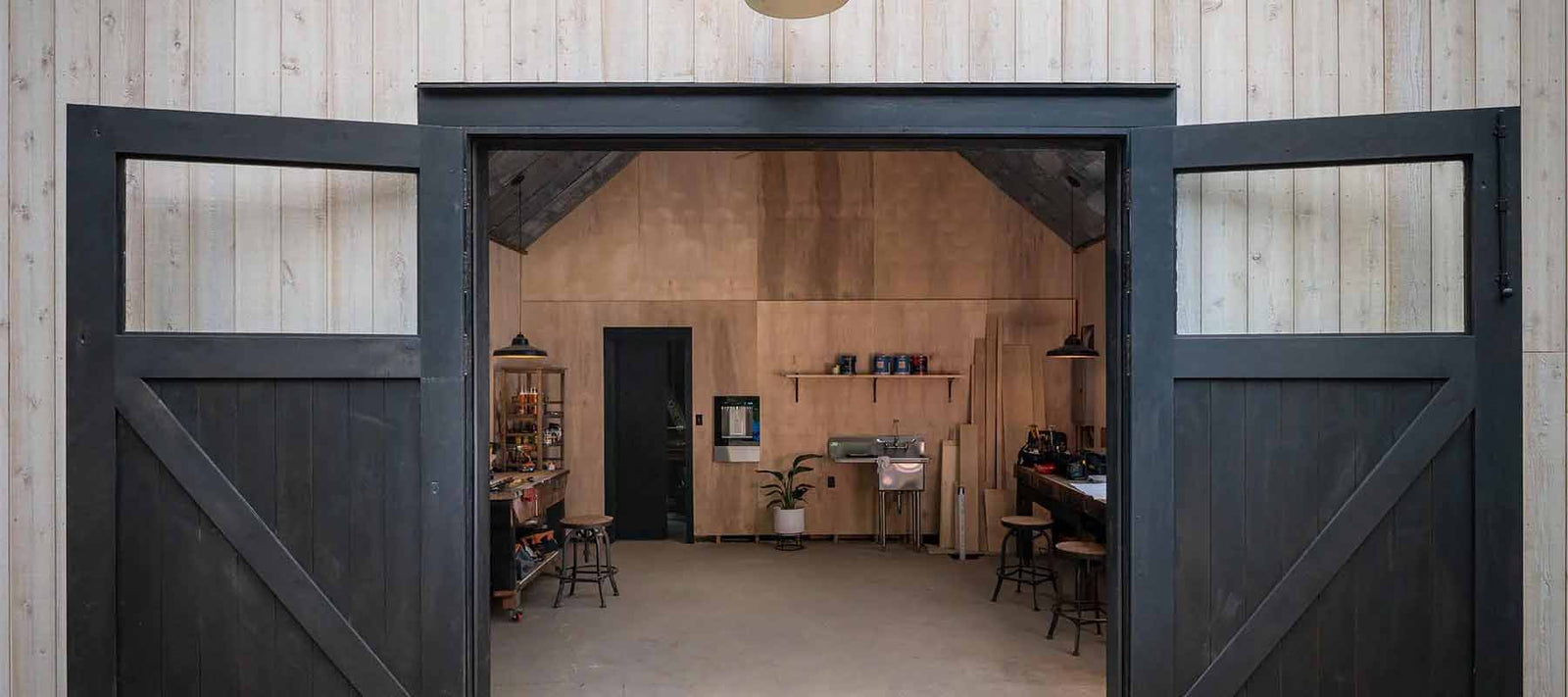
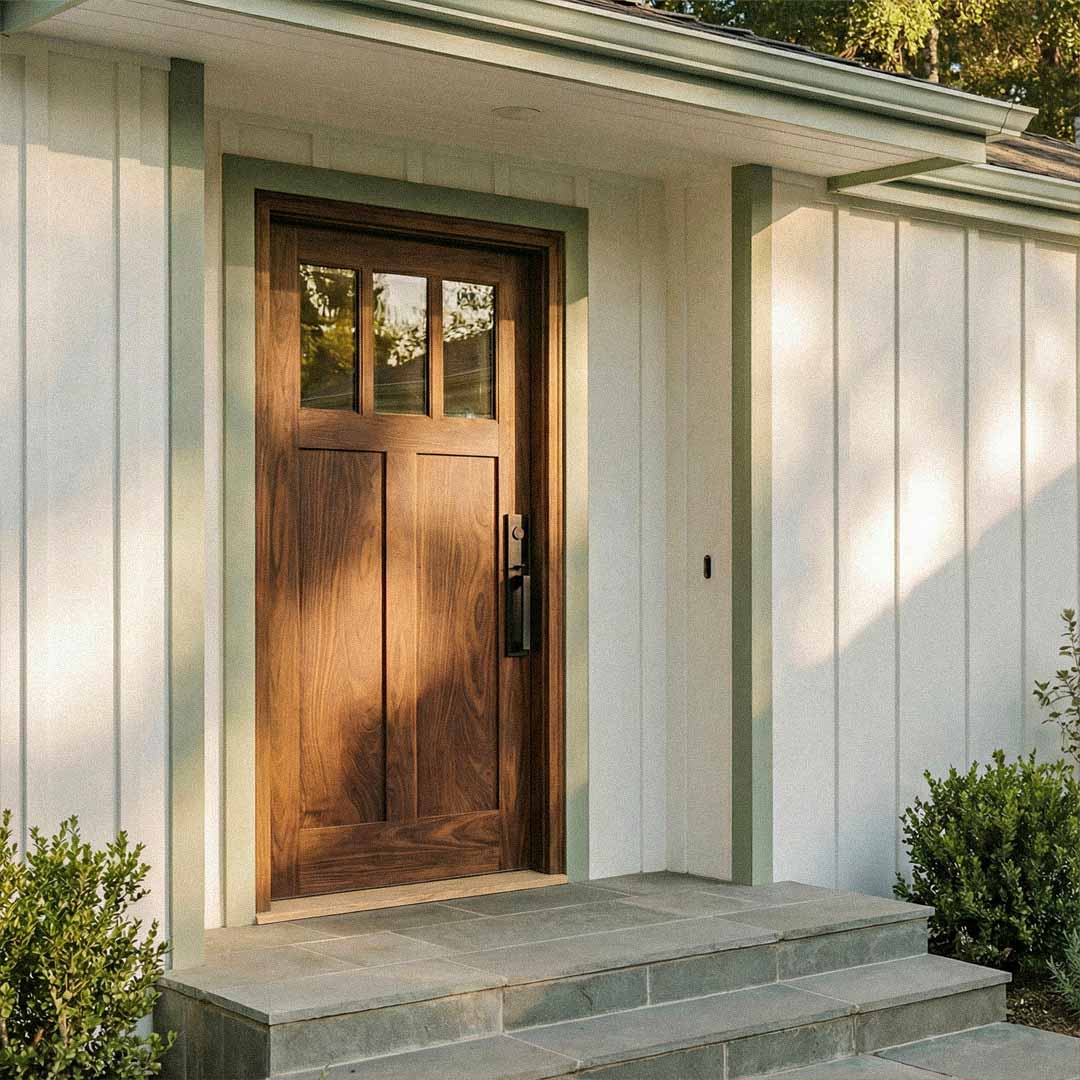
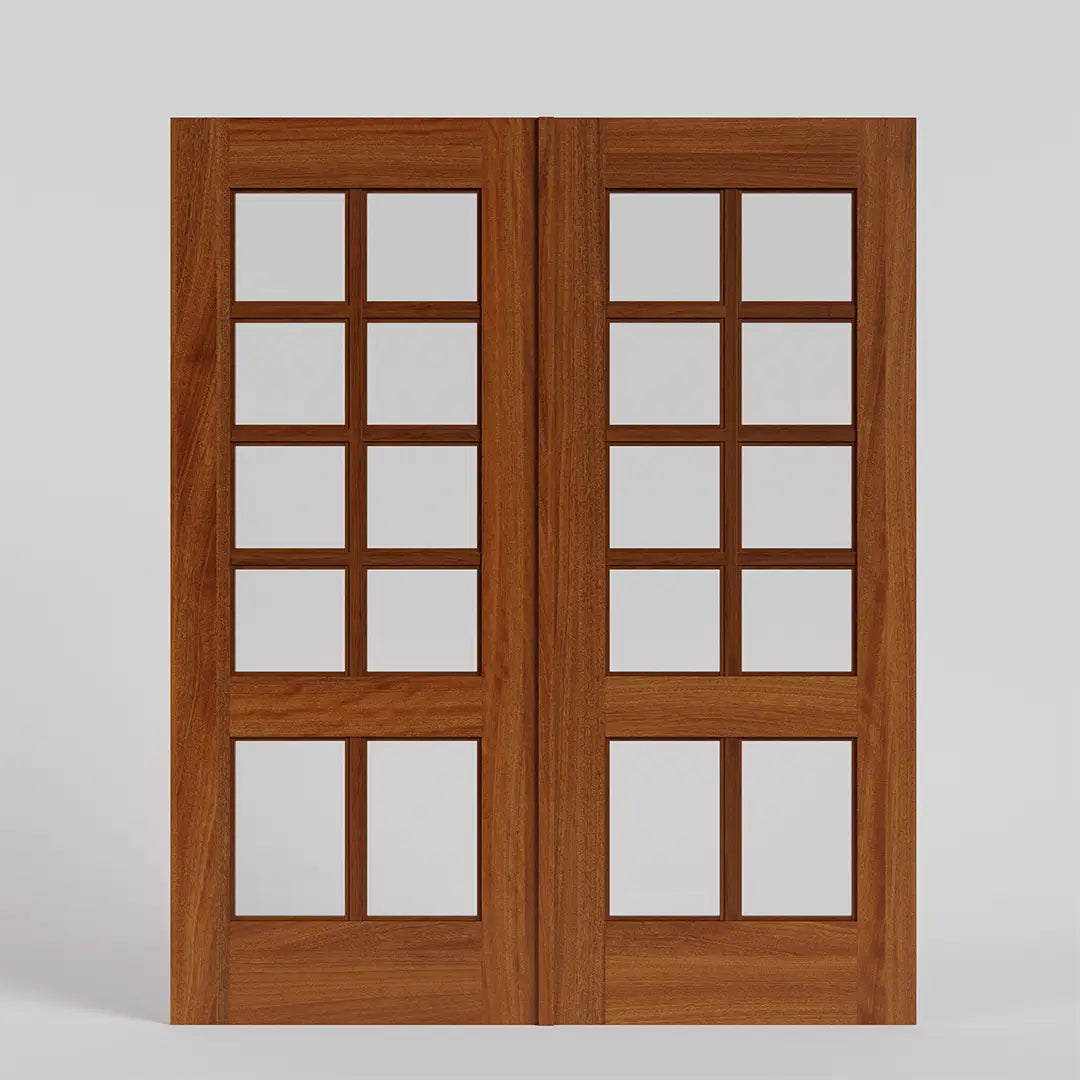
Leave a comment (all fields required)